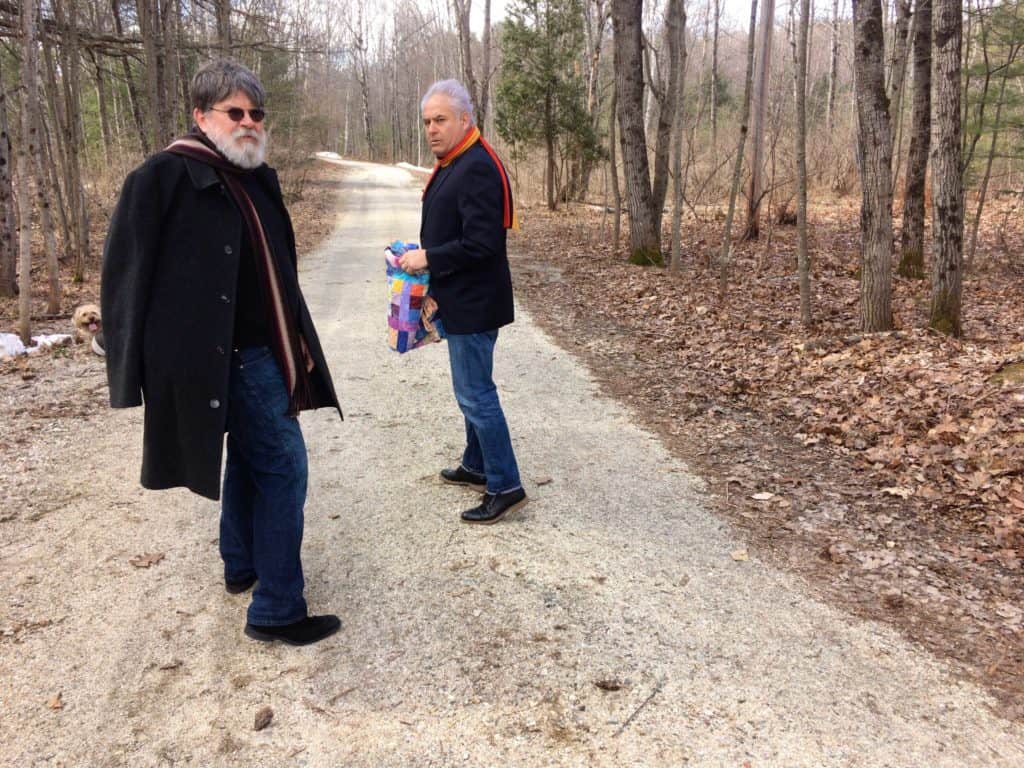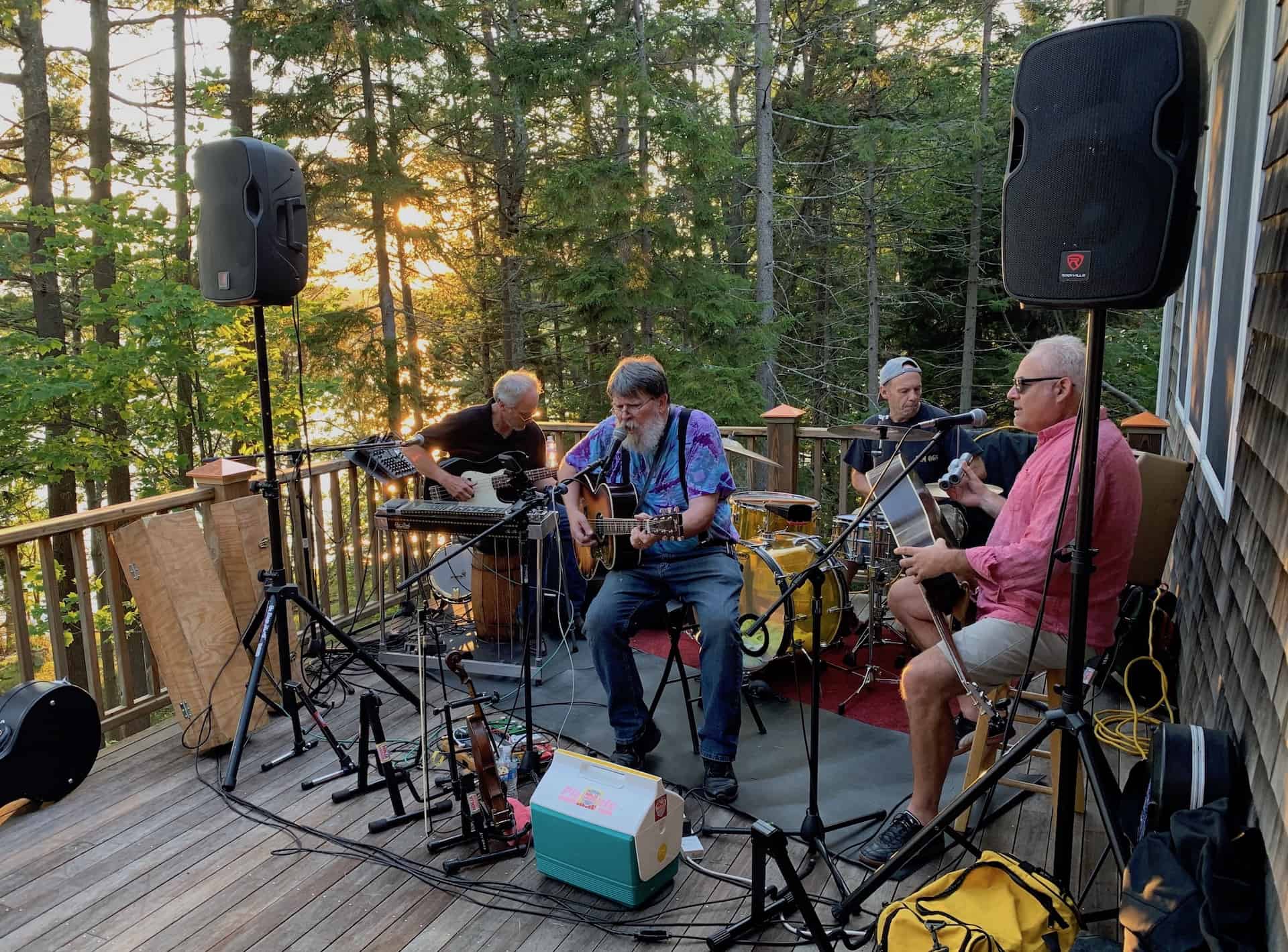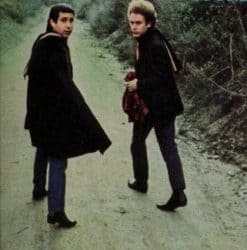
AUBURN, Maine — Pocket Full of Mumbles, southern Maine’s favorite purveyors of smart, toe-tapping twang, return to Side By Each Brewing Co. on Friday Night, Nov. 15. That’s THIS Friday. Show time is 7 p.m.
All three sets will be thoroughly entertaining and completely apolitical. The band will debut several new tunes Friday night, among them “Please Read the Letter,” a song written by Jimmy Page and more recently recorded by Robert Plant & Alison Krauss. The Mumbles will also trot out “While My Guitar Gently Weeps,” from the Beatles’ White Album.
Neither song choice carries with it any hidden partisan meaning (we’re not even sure we’re spelling partisan correctly). But the Mumbles are of the mind that most live bands should make the effort to tackle at least one Beatles tune each time they play out. Other than that, look for the eclectic mix — originals, Son Volt, Simon & Garfunkel, Cracker, CSNY, Bob Mould, The Band and Jackson Browne — that folks across South-Central Maine have come to expect from these neon gods.
There will be time between sets, potentially, for gloating or handwringing of all kinds, but that should be done outside… Mind you, it’s going down below 40 degrees Farenheit this Friday night. What’s more, Side by Each is located at 1110 Minot Avenue, a fairly busy thoroughfare with two lanes traveling in either direction. Speed limit: 50 mph. The Mumbles strongly advise against wandering anywhere near the roadway on foot.
Best to stay inside, enjoy the music and tuck into some of the House Risotto, and maybe a pint of the Potential Spam Smoked Brown Ale, which recently earned the “Cheers to Independent U.S. Craft Breweries” (Level 82) badge.

